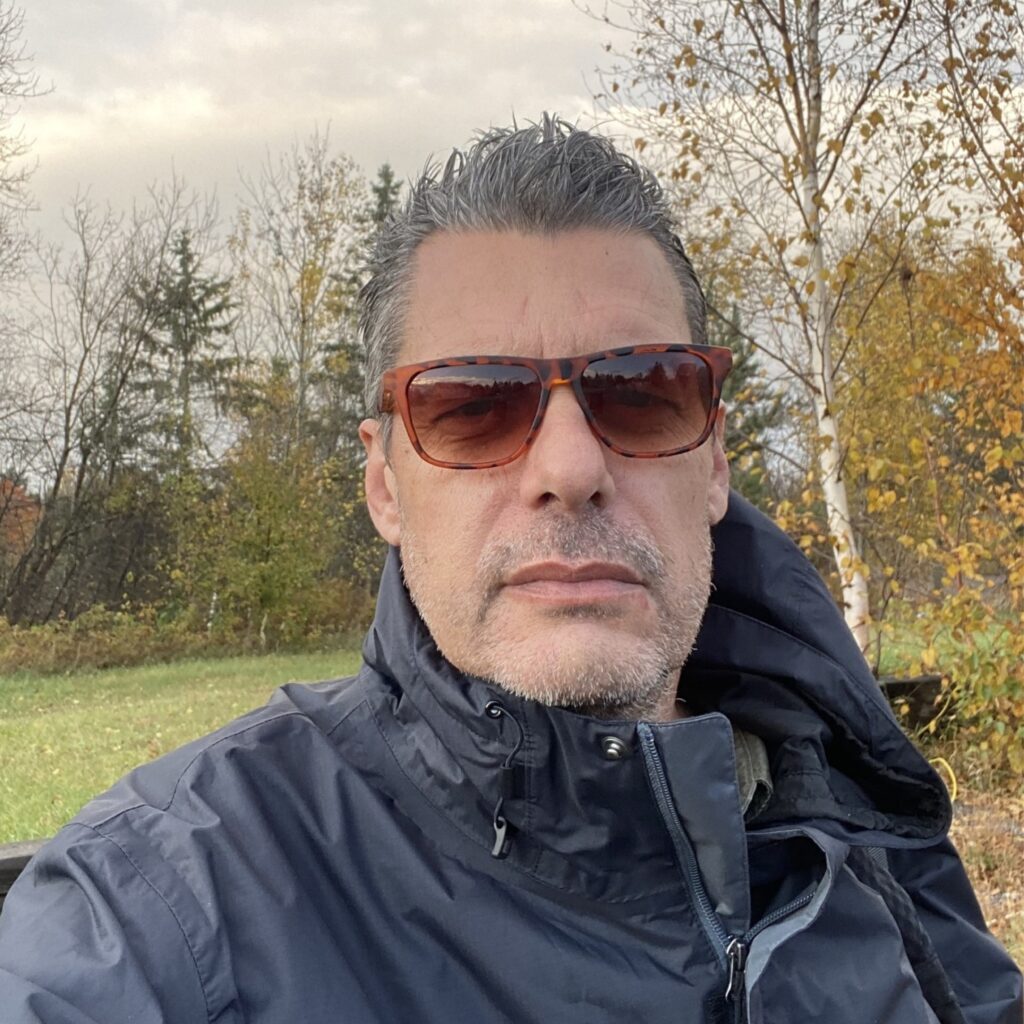|
This page was exported from Bancroft this Week
[ https://www.bancroftthisweek.com ] Export date: Mon Mar 31 3:00:57 2025 / +0000 GMT |
Hunter expects ‘significant progress’ on Algonquin Land Claim by end of 2024 By Nate Smelle Nearly four decades have passed since the Algonquins of Pikwàkanagàn First Nation [formerly known as the Algonquins of Golden Lake] submitted a land claim to the Government of Canada in 1983 and the Government of Ontario in 1985. The provincial government took the next step by accepting the Algonquin Land Claim for negotiations in 1991; followed by the federal government coming to the table in 1992. Since the first Algonquin Negotiation Representatives were elected in 2005, the Algonquins of Ontario have been working with a team of experts and both levels of government to resolve the claim and come up with a settlement. Every three years, 16 ANRs are elected to act as stewards of the negotiations on behalf of the 10 Algonquin communities working to establish a Treaty. These communities include: Algonquins of Tanganyika First Nation; Antoine; Bonnechere; Greater Golden Lake; Kijicho Manito Madaouskarini (Bancroft); Mattawa/North Bay; Ottawa; Shabot Obaadjiwan (Sharbot Lake); Snimikobi (Ardoch); and, Whitney and Area. After the passing of ANR Chief Stephen Hunter last June, his brother Robert Hunter stepped up to serve as interim ANR for the Kijicho Manito Madaouskarini Algonquin community. Having worked as his late brother's communications advisor over the past five years, Hunter decided to put his name forward to become the community's full-time ANR. In November, Hunter was elected to serve as ANR for the remainder of the ongoing term. During his campaign, Hunter shared his vision with the members of the Kijicho Manito Madaouskarini Algonquin First Nation. As ANR, he promised the community he would focus on: rebuilding the traditional Algonquin governmental structure; developing a “legitimate and lasting” community constitution; securing land and resource rights for the Algonquin community within the territory of the Kijicho Manito Madaouskarini; growing awareness of the Algonquins rightful place in Canada; and, assuring economic sustainability and health for all Algonquins. In general, Hunter said his main goal as ANR is to help prepare the Algonquin community for when land claim negotiations have concluded, and the Treaty has been signed. To accomplish this he says he is going to make the negotiation process more transparent and easy to understand. “The traditional structure, it's not that we don't have one, it's just not transparent enough; even for the membership of the community,” Hunter said. “The Algonquin way seems to be almost hyper-democratic. It's a quiet power that our people want to project. It moves a little bit slowly, so I am leading discussions to try and rebuild the traditional structure.” In order to enrich people's understanding of the Land Claim negotiation process, Hunter has begun holding a series of monthly Treaty readiness meetings. He hopes that the meetings will help the community understand how complicated the Algonquin Land Claim negotiations truly are. “It's not easy,” said Hunter. “The Treaty that we are attempting to create is among the most complex negotiations that the world has ever seen... It's not just a bunch of Indigenous people asking for something simple, and the government not giving it to them. No! It's a Land Claim negotiation that has principles behind it. It's not like we are just wearing the government down over 20 years, so they give us a bunch of money and land. There's real work being done here.” Rather than focusing on the racism and atrocities of the past, Hunter said he wants to tell a more “nuanced story” that educates people about the state of what the Algonquin community is doing now. As important as it is to shine a light on the often disturbing history of Indigenous people in Canada since colonization, he believes it is essential to move forward with reconciliation as well. “I am not negating all of the racism... It did happen, but this is part of moving past it,” said Hunter. “There's never been a better time in history, to do this kind of thing. You've got the public more or less behind you. The government is more or less behind you, or at least their public face says they're behind you. That's new!” According to Hunter, the Algonquin Land Claim includes approximately 130,000 acres. Acknowledging how the lands identified in the claim were never surrendered to the Crown, he explained that the Treaty will legally return a significant portion of the Algonquin people's traditional territory; the land their ancestors have cared for since time immemorial. As a result of this re-acquisition, Hunter said the Algonquins of Ontario will become one of the largest landowners in the province. Although delays due to the COVID-19 pandemic have hindered negotiations over the last three years, he still expects there to be significant progress with the Treaty before his current term as ANR is up at the end of 2024. “We are pretty close to that treaty line, where we are going to sign something,” Hunter explained. “That's our goal: to try to get something by the end of next year. It won't be implemented, but at least something that is called a Treaty. Land, again it's a nuanced story, that's going to have to be told over time. But, it's really important. We are talking about around 130,000 acres of land, and there's long-term leases and other contracts on those lands. Not all of them, but we have to wait for some of them to expire and then not renew the land permits. There's also lots of land being logged, mined, and the companies have contacts.” For more information on the Kijicho Manito Madaouskarini Algonquin First Nation, visit their website at: www.kijichomanito.com. |
|
Post date: 2023-01-25 01:07:30 Post date GMT: 2023-01-25 06:07:30 Post modified date: 2023-01-25 01:07:33 Post modified date GMT: 2023-01-25 06:07:33 |
| Powered by [ Universal Post Manager ] plugin. HTML saving format developed by gVectors Team www.gVectors.com |